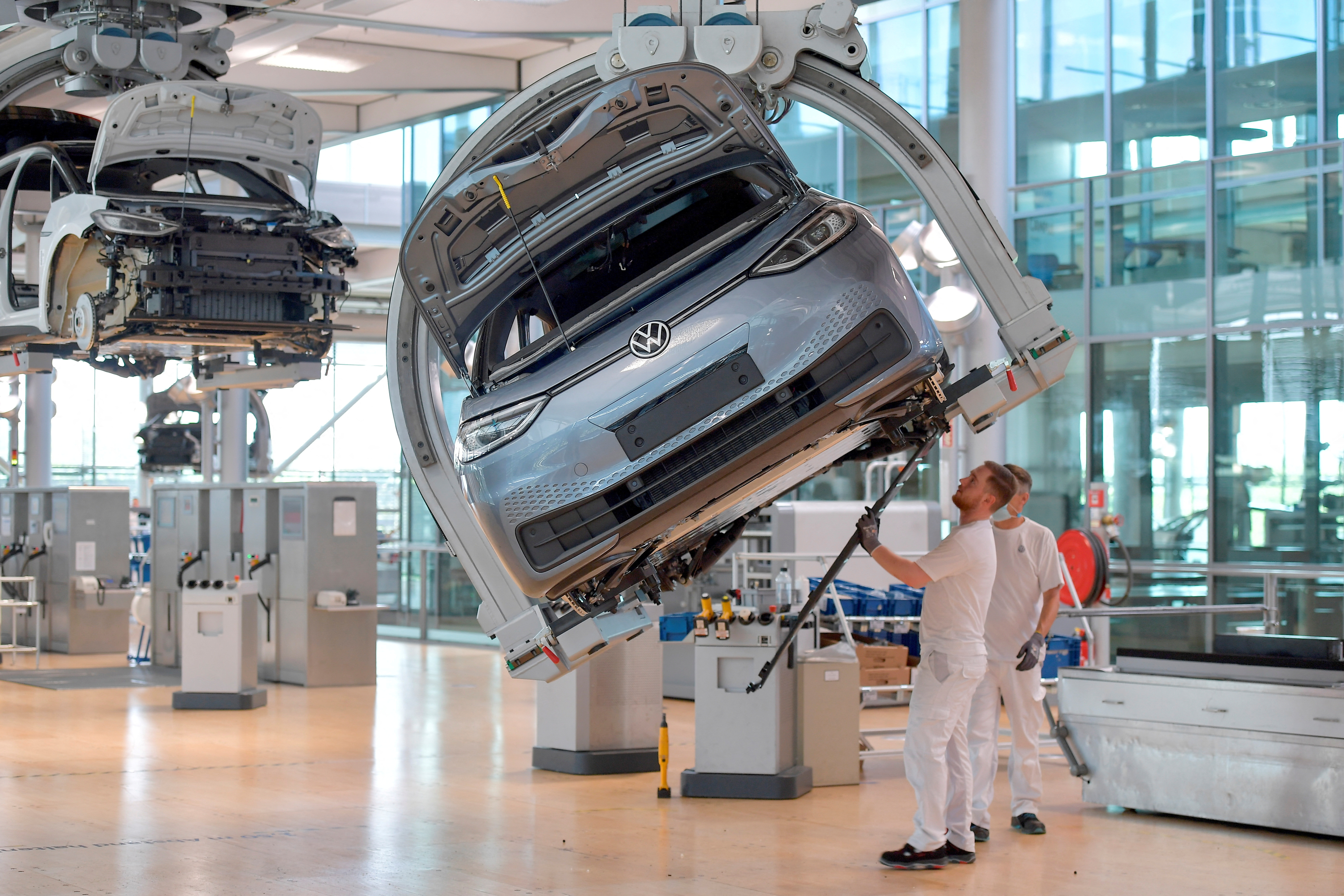In a previous article, we referred to the economic challenges faced by the EU. Some analysts and reputable media express the view that Germany is currently the “sick man of Europe” and the main factor behind EU challenges, bringing back memories of a label which was first used to describe the German economy in the late 1990s when it navigated the costly challenges of a post-reunification economy.
Germany is generally considered to be the growth engine of the EU, primarily due to its large size, its traditional strength in manufacturing and, more generally, its economic prevalence.
Due to its history, especially the disasters in the aftermath of the second world war, it has adopted a particularly “conservative” socio-economic model, which emphasises social dialogue and compromise. As a consequence of this consensual approach, adjustments to today’s rapidly changing conditions are slow and gradual, thus reinforcing the image of the sick man.
Growth relies, to a disproportionate extent, on exports, which makes the economy particularly vulnerable to international market conditions, such as the current slowdown of the Chinese economy.
For a country with a population in excess of 80 million, the contribution of private consumption is relatively modest, a fact reflected in high savings and large current account surpluses, which, according to the European Commission, leads to macroeconomic imbalances and adversely affects growth across the EU.
At the macroeconomic level, Germany follows a rather restrictive fiscal policy, considered overly excessive by many analysts, with negative side effects, including an outdated infrastructure in core sectors, such as energy and technology.
Another challenge includes its, until recently, undue dependence on Russia for cheap energy and, in terms of the energy and digital transition, on China for the supply of key raw materials. Further criticism concerns its low spending on military equipment, which limits its geopolitical leverage and footprint.
Although Germany remains an important global economic power, as reflected in its high standard of living that is supported by a developed welfare state, strong export performance and adequate foreign exchange reserves, the above-mentioned problems adversely affect its prospects.
Already, the automotive sector, a traditional pillar of the country’s growth, faces intense competitive pressures from China in the production of electric cars.
In no uncertain terms, Germany urgently needs to pursue adjustments to its economic model, which could include: (a) greater flexibility in macroeconomic and fiscal policy, aiming to upgrade its infrastructure and accelerate the energy and digital transitions by strengthening the strategic role of the state, (b) stimulating private consumption, (c) placing emphasis on research and innovation through universities and research centres, and (d) addressing its demographic problem, including the required structures to ensure a smooth social integration of immigrants.
Furthermore, the country must reconsider its opposition to the further modernisation of the EU fiscal framework, with a view to making fiscal policy more supportive to growth, completion of the banking union and promotion of a reforms agenda for the EU, as suggested in the recent report by the former president of the ECB, Mario Draghi.
Andreas Charalambous and Omiros Pissarides are economists and the opinions they express are personal








Click here to change your cookie preferences